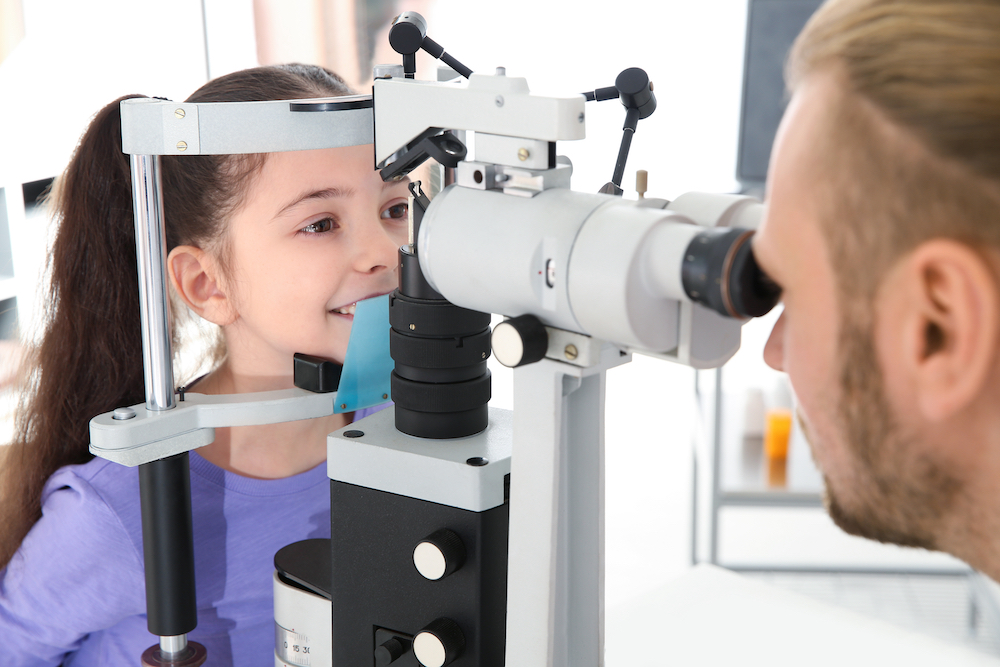
You care about your little one's eyes and vision, but how can you tell if their eyes are developing well? How can you detect vision problems affecting your child’s learning and well-being? The answer is simple: regular eye exams.
Eye exams are crucial for children of all ages. They can help prevent, diagnose, and treat various eye conditions and vision problems that interfere with your child’s growth and development. It would help to explore why eye exams are essential for kids, when they should have them, and what to expect.
Routine Pediatric Eye Exams
Routine pediatric eye exams are regular checkups for your child’s eyes and vision. They can help prevent, find, and treat eye problems affecting your child’s health and learning. They are essential for your child’s eye development and well-being.
Why Are Eye Exams Important for Kids?
Eye exams are crucial for kids because they can:
Check the health of your child’s eyes and detect any signs of eye disease or injury
Measure your child’s visual acuity (how well they can see) and refractive error (how well their eyes focus light)
Identify any vision problems affecting your child’s academic performance, such as nearsightedness, farsightedness, astigmatism, eye tracking problems, lazy eye, reduced depth perception or eye alignment issues
Prescribe glasses, contact lenses, or other treatments to correct your child’s vision problems and improve their quality of life
Monitor your child’s eye development and vision changes over time
When Should Your Child Have an Eye Exam?
The American Optometric Association (AOA) says you should take your little one for their first eye exam at six months to ensure their eyes develop well. After this initial visit, the AOA recommends bringing your child for another eye exam at three years old and then again before they start school (around five or six years old).
Your child’s eyes and vision can change quickly as they grow up. They need to get their eyes checked annually or as frequently as your pediatric eye doctor suggests. This way, you can catch any vision problems that might affect their learning and development. Some children may need more eye exams than others if they have these risk factors:
Family history of eye illness or vision issues
Premature birth or low birth weight
Developmental delays or disabilities
Eye injuries or infections
Diabetes or other chronic health conditions
Symptoms of eye or vision problems, such as squinting, rubbing the eyes, headaches, or difficulty reading
What to Expect
Your child’s eye exam is a fun and easy way to check their eyes and vision. Your eye doctor will use different tools and tests to measure how well your child can see, focus, and move their eyes. They will also look for any eye problems or diseases needing treatment. Your eye doctor will explain everything to you and your child and give you a report of the results.
Conclusion
Eye exams are essential for your child’s eye health and vision. They can help prevent, diagnose, and treat various eye conditions and vision problems affecting your child’s growth and development.
You should schedule your child’s first eye exam at six months of age and then follow the recommended eye exam schedule for their age group. By doing so, you ensure that your child has healthy eyes and good vision for years.
For more on pediatric eye exams, contact Rieger Eyecare Group at our Normal, Illinois office. Call (309) 320-2020 to schedule an appointment today.











